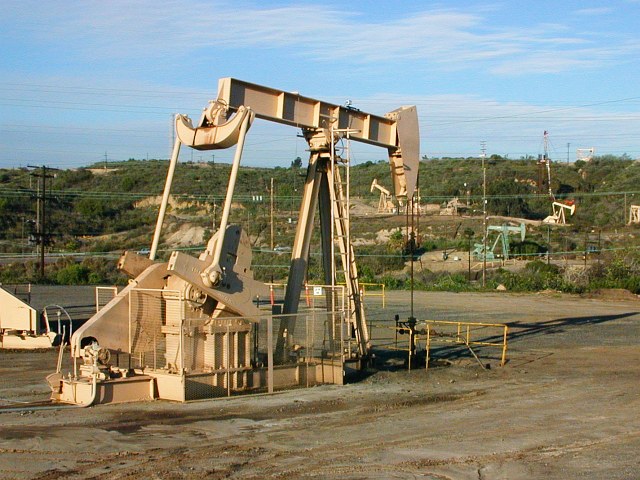Geological Origins of Petroleum

Oil, the substance used to power or lubricate a majority of modern machines, is produced in nature by heating and compression of ancient organisms. Petroleum, also called crude oil, is formed from the prehistoric remains of plankton and algae. Over the course of several thousand years these deceased organisms sink into the ground, covered by layers of mud and sediment, and can form into crude oil when specific conditions of heat and pressure are met. Those which do not form into oil form natural gas pockets or into a waxy substance called kerogen.
Once a crude oil pocket is located, it can be drilled and pumped out of the ground, then refined into gasoline, motor oil, diesel fuel, outboard motor oil, jet fuel, kerosene and hundreds of other useful products.


Comments